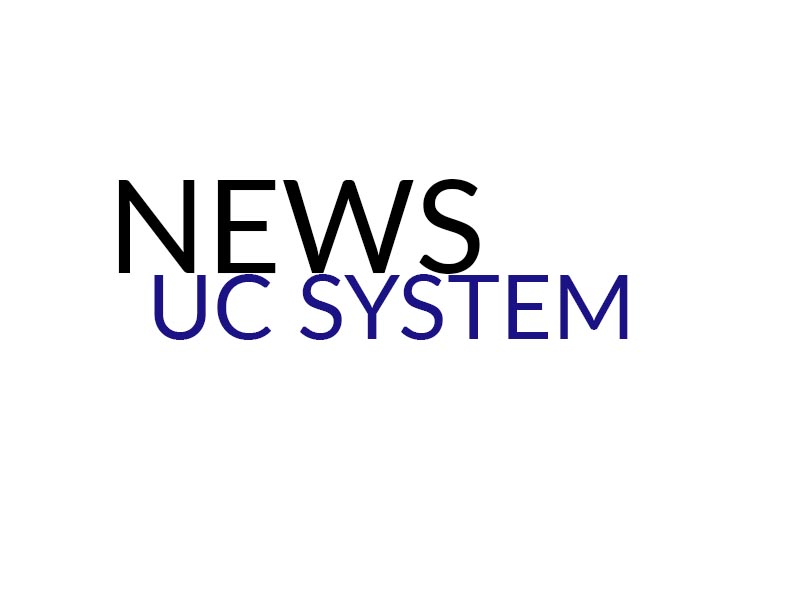The UC Office of the President released a statement on April 19 denouncing the American Anthropological Association’s proposed resolution to boycott Israeli academic institutions. AAA will have until May 31 to vote on the resolution, which many members believe will play a role in discontinuing the Israeli-Palestinian conflict.
According to the letter, UC President Janet Napolitano and each of the UC chancellors requested that AAA reconsider its proposition since their boycott poses a possible threat to the educational establishment.
“The University of California believes that an academic boycott is an inappropriate response to a foreign policy issue and one that threatens academic freedom and sets a damaging precedent for academia,” the letter stated. “We urge Association members to consider the boycott’s potentially harmful impacts and oppose this resolution.”
AAA’s resolution indicated that Israeli institutions would not be featured in AAA marketing materials, would be banned from participating in events hosted by AAA, and would be prohibited from using AAA resources for their own research.
“Those institutions would not be able to be listed in AnthroGuide, advertise in AAA venues, or participate in the AAA Developmental Services Program, the Career Center or the Graduate School Fair,” the resolution specified. “In addition, the boycott precludes the granting permission to copy and reprint articles from AAA publications to journals and publications based at Israeli institutions.”
The resolution also describes the Israeli-Palestinian conflict, detailing that Israel has continued to deny Palestinians basic privileges, in spite of international disapproval.
As stated by the AAA, “For decades, despite condemnation by the United Nations and other international bodies, the Israeli state has denied Palestinians – including scholars and students – their fundamental rights of freedom, equality, and self-determination through ethnic cleansing, colonization, discrimination, and military occupation.”
The AAA reasoned that because the United States provides so much support to Israel, an academic boycott is necessary to urge Israel into ceasing its exploitation of Palestinian land.
“Israel stands apart from other states that routinely engage in mass human rights abuses due to the level of support it receives from the United States,” the AAA argued. “An academic boycott has an important role to play in pressuring Israel to end these abuses.”
The AAA explained that the organization intends to boycott academic institutions as a whole, and not individual students or anthropologists. The degree of the boycott is at the discretion of the anthropologists themselves.
“This boycott pertains to Israeli academic institutions only and not to individual scholars,” the AAA said. “Individual anthropologists are free to determine whether and how they will apply the boycott in their own professional practice.”
President of Tritons for Israel and Eleanor Roosevelt College senior Adina Wollner agreed with the UC administrators’ stance, adding that applying politics to the academic arena would create a contentious environment.
“I am proud that UCSD has always held a strong collaboration with Israeli academic institutes and continues to develop these ties,” Wollner remarked. “I believe that political disputes should be solved in other arenas and academic boycotts simply create a divisive atmosphere on campus.”
Revelle College senior Yahya Hafez argued that the boycott should include academic institutions because their activities can contribute to naturalizing Israel’s occupation.
“The call for academic boycott, among other things, insists that it is unacceptable for intellectuals and scholars to be complicit in naturalizing the violence of these institutions in the name of a politically non-neutral greater good,” Hafez told the UCSD Guardian. “Academic knowledge production should not serve as justification for ongoing colonialism.”








